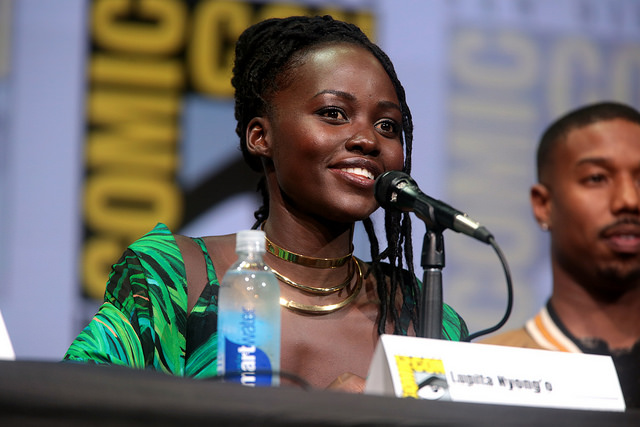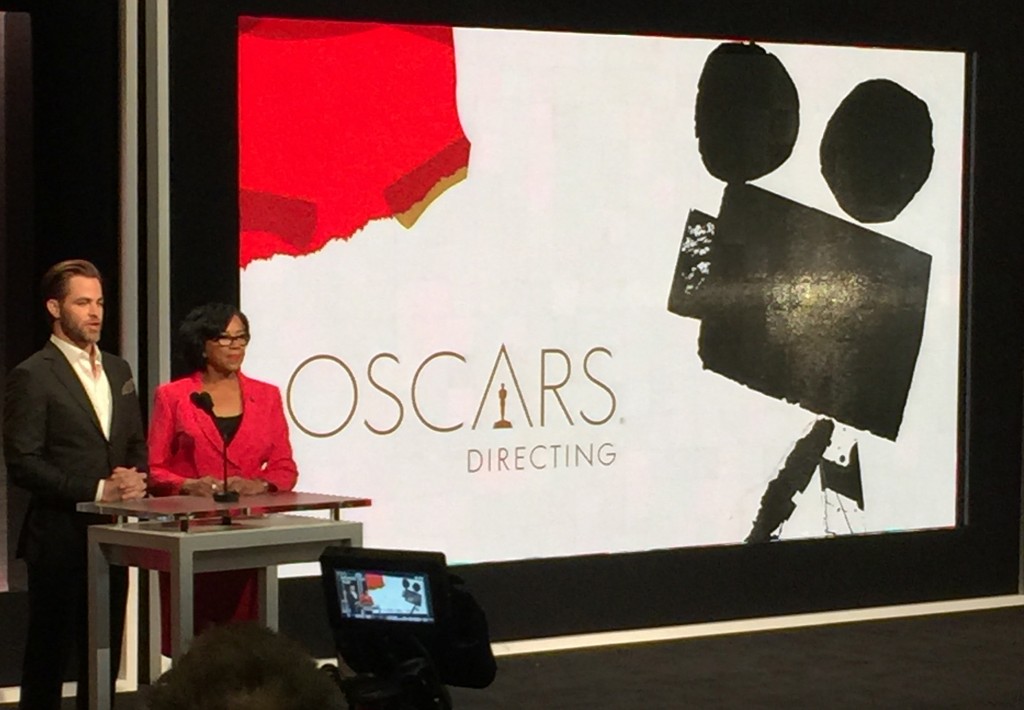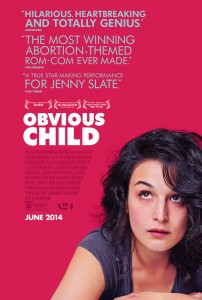
It’s no surprise that Hollywood could do better in terms of diversity. But it might be surprising that diversity in all aspects of filmmaking pays off, literally. A recent article from NPR discusses Darnell Hunt‘s annual Hollywood Diversity Report. The report finds a “mixed bag” for people of color attaining key roles in the industry. People of color are incredibly underrepresented in positions like talent scouts, directors, and lead roles. This underrepresentation is especially disconcerting when nearly half of the U.S. population is comprised of people of color, and yet the industry remains predominantly White and male.
Hunt and his team also found that diverse films and TV did extremely well in 2016, and that people of color were the top consumers of ticket sales for many major films that year. In other words, more diversity may mean more monetary payoff. Hunt points to Black Panther as a groundbreaking example in the industry.
“[Black Panther] smashed all of the Hollywood myths that you can’t have a black lead, that you can’t have a predominantly black cast and [have] the film do well. It’s an example of what can be done if the industry is true to the nature of the market. But it’s too early to tell if Black Panther will change business practices or it’s an outlier. We argue it demonstrates what’s possible beyond standard Hollywood practices.”
In short, the success of diverse films should not be underestimated, and it seems to be in Hollywood’s best interest to increase diversity both on screen and behind the camera.


